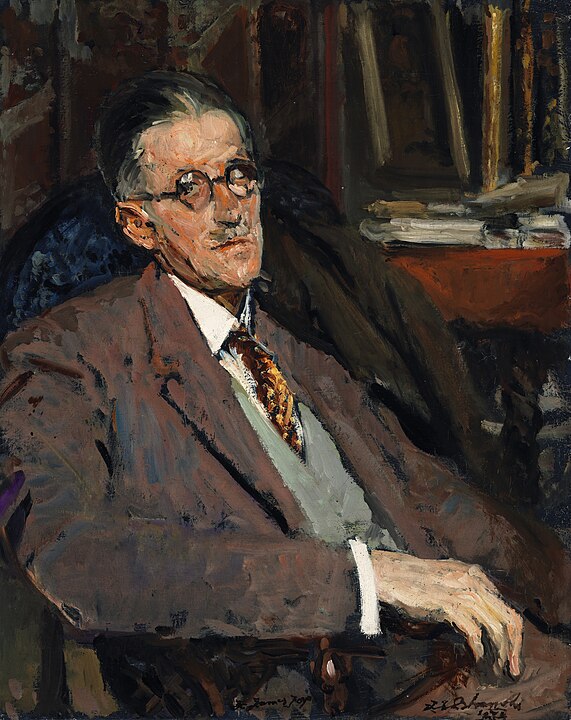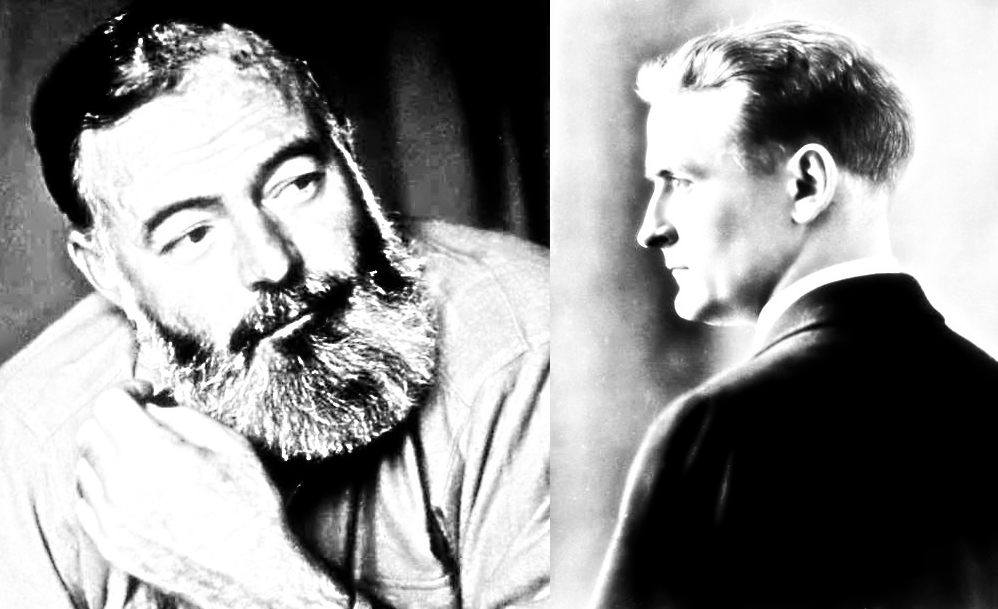The Book List are mini-posts about books I have on my shelf (or digital shelf) that I have yet to read.
We have covered Mary Shelley on the blog before in talking about her Frankenstein: Modern Prometheus novel. However, throughout her career, she published more novels that stayed within the same science fiction/grounded in realism genre that she was so well known for in her life.
Today, we are going to look at another such novel for the Book List entitled The Last Man, which has been on my bookshelf for a few years now (I believe I got my copy from a donated book collection). We are going to summarize the text, read the book blurb, and then check out some of the critical response for the novel.
Summary
Shelley’s The Last Man thells the story of Lionel Verney, his sister, Perdita, the Earl of Windsor Adrian, Lord Raymond, and Adrian’s sister, Idris. A war breaks out in Greece and half the cast is killed; meanwhile, a plague breaks out, and the survivors tread through an apocalypse England until only Lionel remains.
As stated by Britannica: “The Last Man *1826), (is) an account of the future destruction of the human race by a plague, (and) it is often ranked as her best work.
Book blurb
From the book: “Her 1826 novel, The Last Man, reflects Shelley’s fears about civilization and the shortcomings of human behavior. The narrarator discovers a prophetic manuscript, written in 2100 by the last survivor of the twenty-first century apocalyps, which recounts how a deadly plague spread throughout Europe and the world. The scribe, Lionel Verney, describes a world that is both fantasy, and a reflection of Shelley’s reality. She used this novel to scrutinize the machinations of politics and philosophy, and reflect upon pitfalls of human behavior—selfishness, brutality, pride—that she saw in the world around her” (Shelley).
Critical response
Reception to the book is either ecstatic or (hyper) critical. On Goodreads, it has a rating of 3.36 with a majority of readers giving the book three stars out of five. Some reviewers have pointed out the timeliness of the novel in the wake of the pandemic. Likewise, others have pointed out the “poetic” prose and execution of the story itself. Less favorable reviews have critiqued the pacing and likened the book to reading a “telephone book” and finding the experience disappointing.
Impressions
I like Mary Shelley’s ideas, but I am not a huge fan of her writing. I find that she suffers from Gothic-fever in the worst way. Slow builds are nice, but so are evenly paced stories with exciting climaxes. Bram Stoker’s Dracula has an interesting form (epistolary), excellent build, and a third act that is to die for (pun intended). Yet, not all writers can grace us with such genius. Nonetheless, this story intrigues me, which is why I have a copy. If you have read this blog then you know I am a big fan of Richard Matheson, who also wrote The Omega Man, a truly great vampire novel.
Works Cited
Shelley, Mary. The Last Man. Digireads Publishing. March 24, 2020. Print.








Leave a Reply